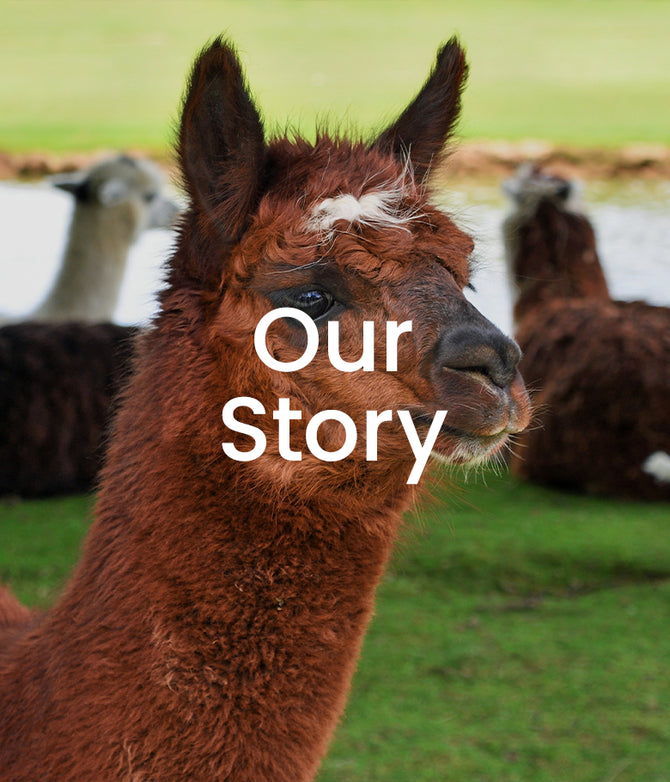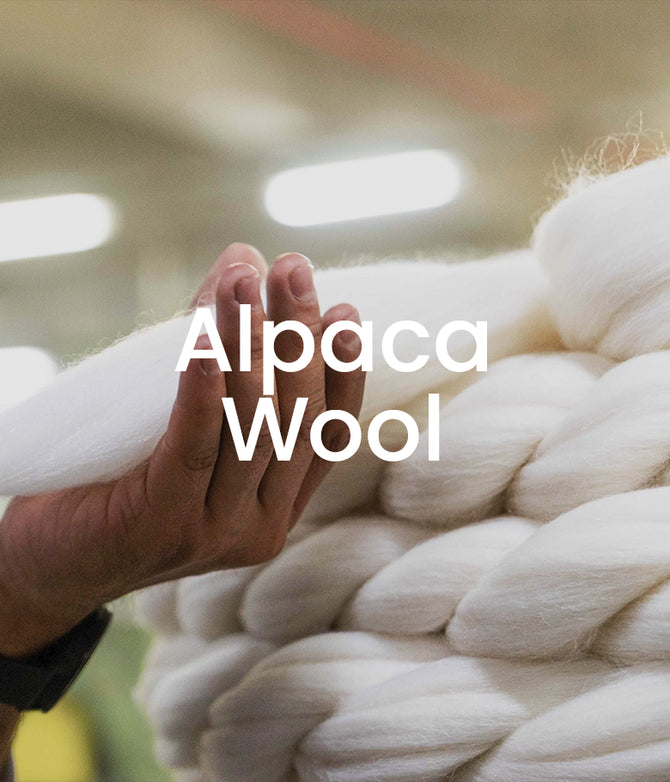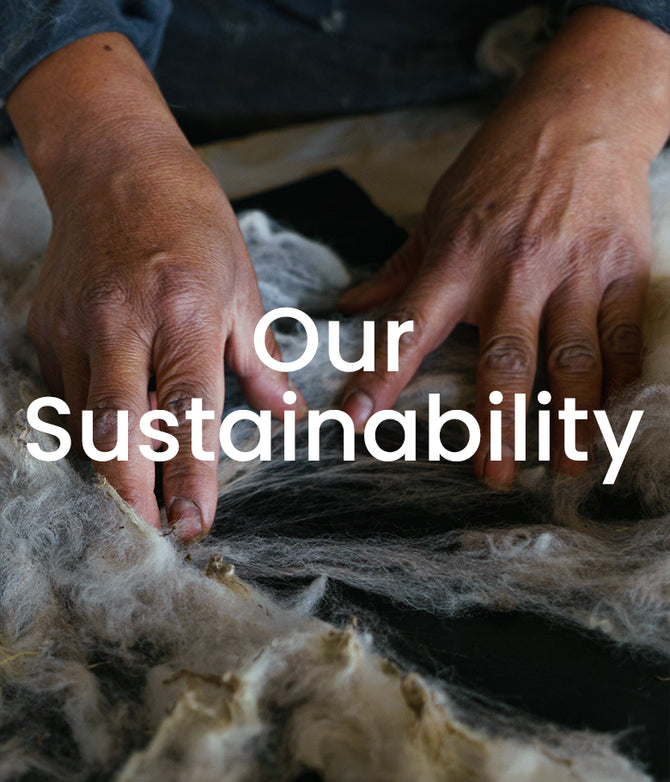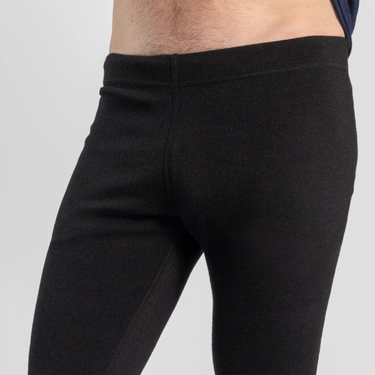AN ALPACA'S STORY
THE ANDEAN ALPACA
An alpaca's day begins before the sun rises with a two hour hike up the mountains. Once reaching 5000 meters altitude, they wander the Peruvian Andes freely without any fences. Their fibers absorb more sunlight and taken in the stronger winds. Their wool was made for this intense natural environment. Close to sunset, the owners guide them down to their farmlands below at 3000 meters. Still free from boundaries, alpacas taken the cold fresh air. Although, temperatures drop below freezing point during the night, alpacas are warmed their insulating wool.
An alpaca's life is more important to their owner than their wool. Since Inca Empire, alpacas are a highly respected animal and if an alpaca cannot regrow the same quality fibers; they are still apart of the farmland. Once an alpaca dies of natural causes then they are used for meat.

ALPACA HEALTHCARE
Alpacas have continuous health checks from a nutritionist and vet. An alpaca with an optimal diet and free from stress can provide the best quality fibers.
NON-MULESING & GENTLE SHEARING
Similar to their ancestors, they capture the alpaca and start cutting their wool with proper scissors
Alpaca farmers choose not to shear their alpacas with electric razors. Similar to their ancestors, they capture the alpaca and start cutting their wool with proper scissors. This method is the least harmful and stressful to the animal. There is no buzzing sound that sets them off and they are never shaved bared. The farmers always leave the necessary amount of the wool on them. For the alpaca's survival, it is recommended to shear the alpaca about twice a year. Alpacas or any other animal in Peru is never mulesed.

THE ECO-FRIENDLY ANIMAL
WHY IS ALPACA FRIENDLY TO THE ENVIRONMENT?
✔ GENTLE TO OUR PLANET
• Alpaca's feet are gentle on the terrain.
• They never yank grass from the root. Instead, they snip the grass with their teeth, helping it to regrow.
• They eat less than other farm animals. Their diets require 1.5% of their body weight while a sheep needs 3% of their body weight in grass.
✔ FREE FROM LANOLIN
Lanolin is a grease found in sheep wool that causes people to itch. It takes toxic chemicals and gallons of hot water to remove it from the fibers. Alpaca is naturally free from Lanolin.
✔ SUSTAINABLE AGRICULTURE
Peruvian farmers use a sustainable approach when farming animals. There are no harsh chemicals involved and carbon footprint is minimal. Alpacas wander freely and are rarely transported by vehicle.























